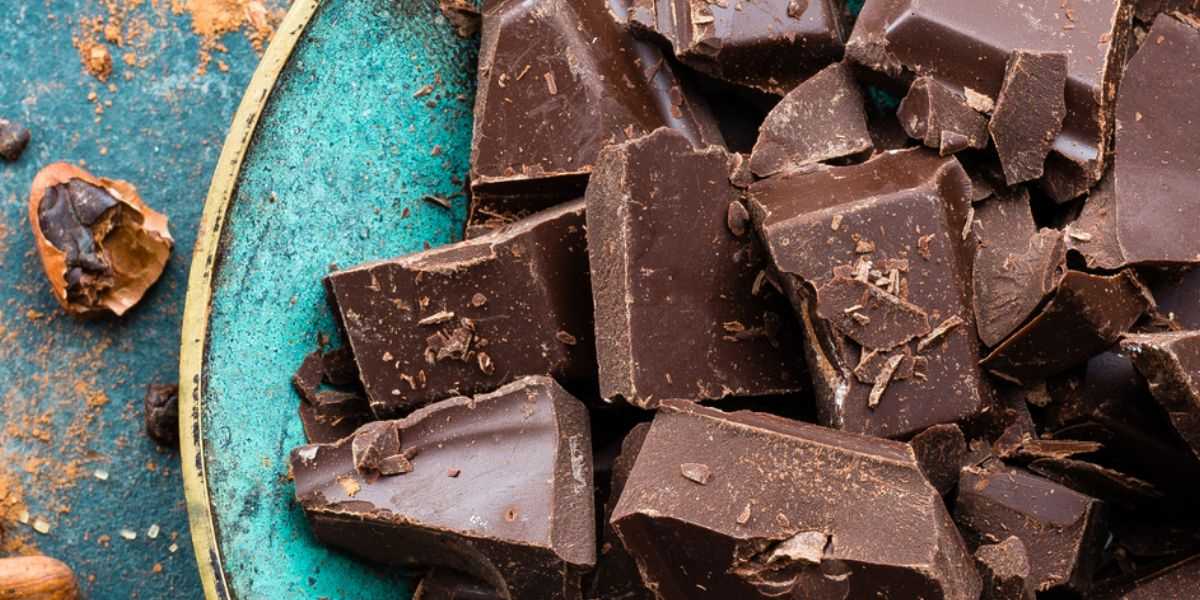Using an air fryer emits less pollution than other cooking methods such as pan and deep frying, latest research has indicated.
Alongside the energy-efficiencies available with air-frying, this popular method of cooking is also beneficial for the environment, researchers from the University of Birmingham have found.
Indoor air pollution is predominantly caused by cooking. On average, people spend roughly 80% of their lives indoors, research has identified.
- Stress and depression linked to air pollution could impact heart health
- Diabetes, pollution and alcohol biggest modifiable risk factors for dementia
- High blood pressure linked to traffic noise and air pollution
Exposure to a high level of indoor air pollution can put people at risk of developing cardiovascular, respiratory and neurodegenerative diseases, experts have said.
During the study, the team of researchers cooked five chicken breasts in five different ways – pan frying, stir-frying, deep-fat frying, boiling and air-frying.
While cooking each chicken breast, the academics measured the levels of particulate matter and volatile organic compounds (VOCs) emitted by each method.
They found that the peak concentrations of particulate matter were 92.9 micrograms per cubic metre of air for pan frying, 26.7 for stir-frying and 7.7 for deep frying.
Meanwhile, the peak concentrations of particulate matter were 0.7 micrograms per cubic metre of air for boiling and 0.6 for air-frying, the study has reported.
For VOCs, the results were measured in ‘parts per billion’ (ppb). The findings have shown that pan-frying recorded 260 ppb, deep frying recorded 230 ppb, stir-frying recorded 110 ppb, boiling recorded 30 ppb and air-frying recorded 20 ppb.
First author Professor Christian Pfrang said: “There are a number of factors that will affect the levels of pollution from cooking alongside the method used, including the amount of oil used, and the temperature of the stove.
- Inflammation during childhood is a risk significant risk factor for developing mental health disorders
- Prescribing nature shows major mental health benefits
- Poor mental health triggered by alcohol and social media
“What we can say with certainty, however, is that improving the ventilation in kitchens by opening windows or using extractor fans, will help to disperse polluting particles and reduce personal exposure.”
He added: “It’s also really important to understand that particles will remain in the air for quite some time after you have finished cooking, so continuing to ventilate, or keeping extractor fans turned on for a period of time will really help to avoid the build-up of this indoor pollution and reduce the potential for the pollutants to be transported and distributed throughout the house with the associated higher personal exposures.”
Read more in the journal Indoor Air.






